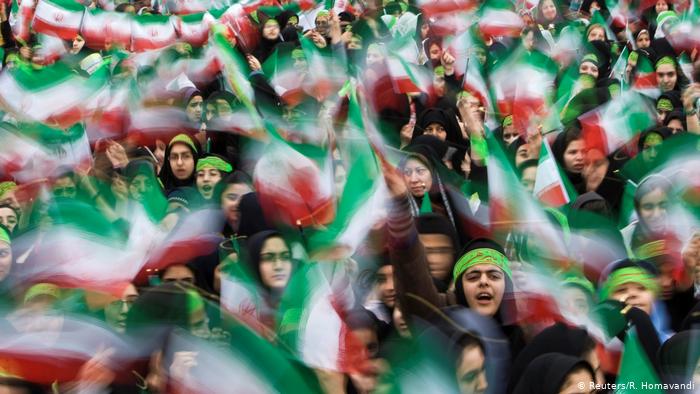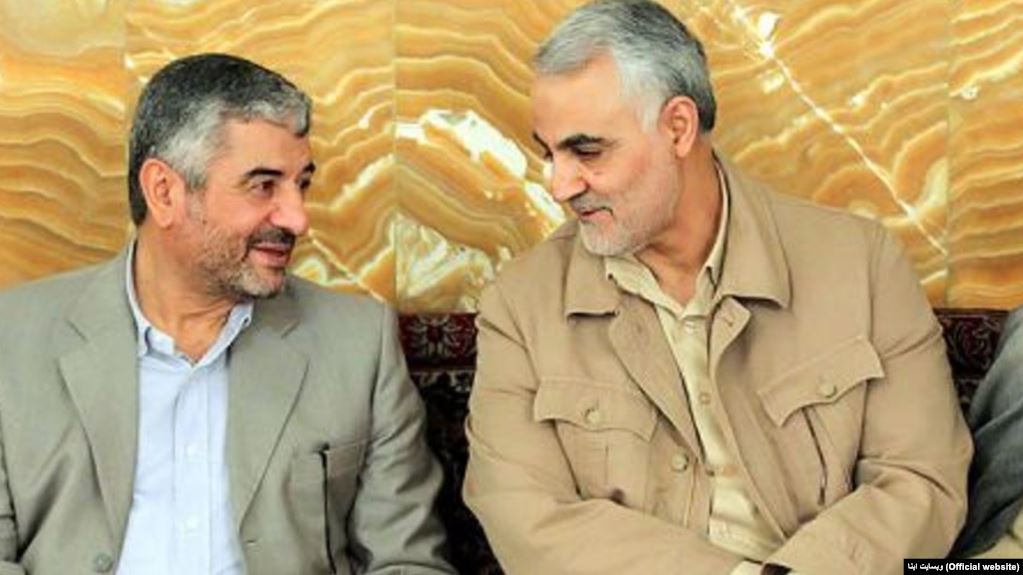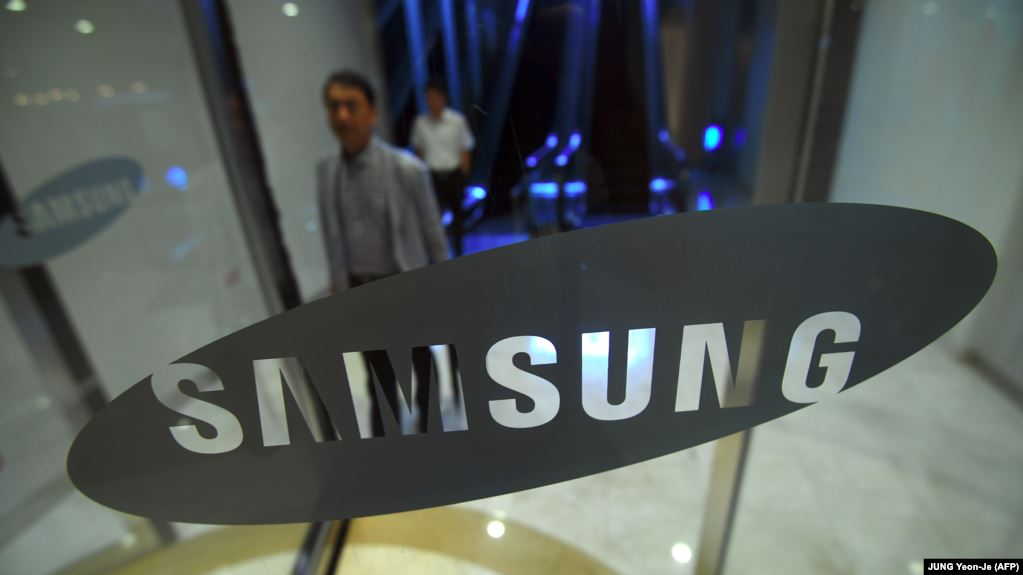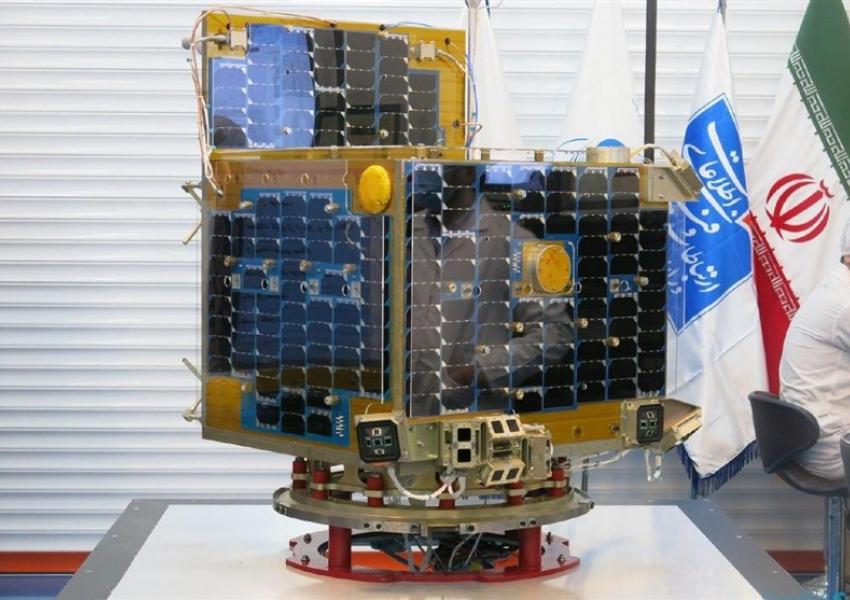
Overt and Covert Corruption in the 2010s
The editorial of Jahan Sanat goes over the issue of corruption in Iran during the 2010s, showing how the situation has deteriorated during the past decade.
Today everybody knows of the destructive impact of economic corruption on a country’s growth and development. Different studies and experiences throughout the world have shown that corruption can be a significant barrier in the path of a country’s development. Corruption is a universal issue which more or less exists in all countries of the world. The main difference is in the way countries tackle corruption.
Although the corruption index for the 2010s shows ups and downs, it has basically been on the rise, with Iran’s ranking in 2011 at 120, reaching 148 in 2019. During 2011 and 2017, Iran’s ranking was between 130 and 136, which indicated a steadiness with regard to corruption. But during the past two years, it has spiked. If this trend continues, Iran could become one of the worst countries in the world with regard to corruption. It is not easy to decrease corruption, which is why one of the most important features of Iran’s economy in the 2010s was a steadiness in corruption levels.
Also, Iran has suffered from far-reaching corruption, and the 2010s was the decade of deepening economic corruption in the country and its transformation. In the past, there were no huge cases of corruption, but during the 2010s, there were multiple cases of large-scale corruption.
One of the often disregarded side effects of widespread corruption is that with repetition, it becomes normal. Other people become highly motivated to take part in corruption, resulting in an increase in small cases of corruption.
It seems that corruption in Iran has reached an undesirable level. During the 2010s, there was a rise in Iran’s ranking on the corruption index, and there were cases of massive corruption. Iran’s current economic problems are partly due to this issue. That is why corruption must be dealt with to improve economic conditions and create economic stability.
The Heavy Cost of not Ratifying the FATF on the Economy and People’s Lives
The editorial of Setareh Sobh explains how not ratifying FATF bills will put more pressure on Iran’s economy and the Iranian people.
Whether the FATF is ratified or not, US sanctions have restricted Iran’s banking activities including banking transactions in dollars and euros. Currently, Iran has limited transactions with China and some other countries, and medicine and food is imported.
It seems that the Expediency Discernment Council will not ratify FATF bills, because a majority of this council’s members hold a strong position against relations with the West. Under these circumstances, we should study the conditions in North Korea which is blacklisted by the FATF to see what is happening in that country and where it is going in the future.
In light of Iran’s significance, there is a good chance that whenever officials are willing to resolve the issue and accept the FATF bills, there is a way for ratifying the bills and not getting blacklisted.
The main issue is that the country and people will be harmed because of these restrictions. The problem is that the sanctions are not limited to selling oil, but include exporting steel as well.
Iran might have an economy without oil and reach the level of those countries whose economies are in good condition without selling oil. Only then will selling oil just be a part of the economy, and not the main part of it.
But under Iran’s current economic conditions and its problems, oil revenue is a big issue. Also, countries that do not have oil have other economic opportunities and can have foreign and domestic investors. Now, if oil cannot be exported and there are no other economic opportunities, this will harm national interests and people’s lives.
Despite talks of a non-oil economy, Iran’s economy is dependent on oil. Turkey’s economy which is twice as big as Iran’s economy has no oil or gas. But Iran consumes 4 million tons of oil per day domestically. It is up to Iran’s officials to decide on how to use its resources by improving the country’s foreign relations.
Preconditions for Social Justice
The editorial of Jahan Sanat explains some of the issues that will arise if the government increases taxes in next year’s budget bill to compensate for its budget deficit.
The issue of taxation in next year’s budget can be viewed from multiple perspectives. The next year’s budget shows that there is no serious resolve in the government and the Parliament to amend the tax system in Iran.
Iran’s tax system is several decades old and creates obstacles for producers and businessmen. So it was expected that the country’s tax system would be amended in order to realize social justice and decrease inequalities. But no such thing has happened.
If based on estimated tax revenues, ratified expenses in next year’s budget bill will not be provided for, then there is no other way but to increase liquidity which will be a big blow to the country’s economy. Another issue in the country’s tax system is the lobbying of influential people and groups to change tax regulations to advantage some in Iran.
To stop such cases, the country’s tax system must be transparent. And tax exemptions for certain groups on false excuses must stop. Currently, the salaried class is one of the groups in Iran that is taxed and deserves to be exempted from paying taxes.
Under the current circumstances, high-income groups are exempted from paying taxes. As for tax exemptions for exporters, it means giving them an exemption from exporting the country’s wealth. Tax exemptions on exports are only meaningful if it means not exporting the country’s resources. Also, tax exemptions for special economic zones are not right. Even if the exemption is given in the name of economic growth and development, creating jobs, decreasing poverty and inequality, only a certain group of people benefit from it. Such tax exemptions are common in Iran and only favor certain groups.
While the country is suffering from recession and US sanctions, increasing the government’s tax revenues through increasing taxes is the right policy, but increasing the tax rate will result in a deepening of the recession.
“What is to be Done” has Been Neglected
We are getting closer to the parliamentary elections in Iran, and the Guardian Council has comprehensively disqualified “reformist” candidates. The “reformist” academic Sadegh Zibakalam explains why these disqualifications are indicative of the government neglecting the message of the November protests in which 1,500 people were killed.
During the November protests, many influential figures and political currents talked about what should be done. There was much talk of why the young generation and millennials in Iran are so frustrated. It was said that we should listen to them and to the people’s problems; and there were talks of creating measures to allow protesters to peacefully inform officials of their problems. There were talks on the issue of decreasing social capital and why this has happened. Along with the above, the widening gap between the government and the people was talked about.
The expectation was that officials would have learnt lessons from the November protests, and because of the heavy human casualties, they might pay more attention to the issues mentioned above. But surprisingly, it must be pointed out that preparations for the upcoming parliamentary elections indicate that the aforementioned points have not been taken seriously by officials.
It was expected that the parliamentary elections would be held in such a way allowing Parliament to return to the center of decision making in Iran. As we all remember, during the November protests and in the aftermath of the gasoline price hikes, what was reiterated was that the Parliament has no role in the country’s important issues.
As a matter of fact, a range of hardline “principlists”, the Front of Islamic Revolution Stability, and supporters of the former President Mahmoud Ahmadinejad will be significantly present in the 11th Parliament. The presence of these individuals and groups does not indicate progress.
In other words, it seems that none of the lessons of the November protests were taken seriously at all. It must be stressed that the same old policies are being implemented. We do expect the 11th Parliament to be composed of diverse groups and voices.

Political Activists on the Anniversary of the Revolution: Outcome of the Revolution is a Sick, Anxious, and Hopeless Society

A number of political activists issued a statement on the 41st anniversary of the Islamic Revolution, calling for rule of law in order to exit the “super crises” which already exist in Iran. They have also warned against consecutive uprisings and a gradual or sudden collapse of the Iranian establishment.
The statement emphasizes that Iran is trapped in “huge multilayered crises and a labyrinth of economic, social, political, and legal problems,” stressing that during the past two decades – particularly the past two years – the conditions have significantly deteriorated in the country.
The signatories of the statement have underlined the fact that the root of all economic and social crises in Iran are political, cultural and ideological.
The statement attacks the judicial system for issuing “incredibly long sentences” to critics of the establishment, as well as emphasizing that the monitoring, summoning, and detainment of political/social activists – including students, teachers, worker, journalists, environmental, and women’s rights activists – is nothing but intimidation of civil activists.
They pointed out social crises such as recession, unemployment, poverty, misery, widespread crimes, addiction, and prostitution, stressing that an oil-based economy has prevented economic growth and prosperity in the country.
According to the statement, “the establishment created by the revolution claimed that it would bring culture, spirituality, peace, and freedom for the people, but it has an indefensible record, and the outcome of its 40-year project is nothing but a vexed, hopeless, anxious, and sick society.”
The signatories of the statement have said that eliminating the current conditions in the country is only possible through structural reform to establish the rule of law. They urged that without structural reforms in order to deal with these “super crises, we will witness more protests and uprisings and a gradual or sudden collapse of the establishment.”
Soleimani Praised for His Role in the Crackdown on Protesters in Iran

Mohammad Ali Jafari, the former chief commander of the IRGC, wrote in a tweet that Qassem Soleimani who was killed last month in Iraq by American forces, had a role in suppressing protests in Iran and took effective measures in this regard.
According to Jafari, during the popular protests in 1998 and 2009, Soleimani was on the ground to counter the protesters.
In 1998, Tehran’s University campus was raided by security forces, and in 2009, popular protests erupted against rigged presidential elections in which Mahmoud Ahmadinejad was elected.
In his tweet, Jafari says with regard to Soleimani’s role in suppressing these two protests that “he was seen again and again in Sarallah headquarters,” which is one of the IRGC’s most important security units and it has been in charge of managing the security in the province of Tehran. The Sarallah headquarters had a key role in suppressing the protests in 1998 and 2009.
Qassem Soleimani was in charge of the IRGC Quds Force and the regional policies of the Islamic Republic. Nevertheless, in recent years, there have been multiple reports pointing to his role in domestic politics and the crackdown on protests.
For example, Mohammad Bagher Ghalibaf, presidential candidate in 2013, said in his speech concerning the suppression of the 2009 popular protests that “perhaps Soleimani and I did the most to stop the incidents from Saturday to Thursday.”
Furthermore, according to the Associate Press, in a meeting with Iraqi security forces, Soleimani had told them “in Iran, we know how to counter the protests,” giving guidelines to Iraqi forces in order for them to suppress protests and confront Iraqi protesters.
What is more, the Syrian defense minister who had gone to Iran for Soleimani’s burial ceremony said in an interview that in 2010 when there were no armed forces in Syria yet, Soleimani played a role in suppressing anti-government protests in that country.
Samsung to Stop Services to Iranians Due to Sanctions

Samsung announced that after February 25, it cannot offer its purchased apps to Iranians, but free apps can still be accessed by Iranian customers of Samsung. This Korean company accounts for 60 percent of Iran’s mobile market.
According to Aydin Aram, a member of the board of directors of importers of mobiles, tablets and accessories, Samsung previously allowed customers to make purchases from Google Play Store and pay for it in rials, while other brands wouldn’t allow such transactions and they asked to be paid in dollars and euros. Now due to the sanctions on banks and the impossibility of money transfers, Samsung can no longer sell its products in the Iranian market.
Aram added that under the current circumstances, no brand can offer regular services in Iran, and softwares and services that were available two years ago can no longer be accessed.
Samsung currently has control of 60 percent of the Iranian market. According to Iran’s Statistical Center, 88 million mobiles are in use in the country.
Two years ago, after removing some Iranian apps from the Apple store, Google too removed Iranian apps including Snapp which is the first Iranian transportation network company based in Tehran.
At the time, Apple urged that this step was taken due to the US sanctions against Iran. Apple has no official store in Iran, and its cellphones are smuggled into Iran.
2 Million Euros Spent on a Failed Satellite Launch

Iran announced that it failed in sending its domestically made Zafar satellite into orbit. At the same time, it was reported that sounds of huge explosions were heard in the suburbs of the southeastern city of Zahedan which might have been caused by the remaining pieces of the Zafar satellite falling on the ground. Local media reported those sounds were heard at least eight times in the suburbs of Zahedan.
Iran’s Ministry of Information and Communications Technology announced that it has spent 2 million euros on building the Zafar satellite, adding investment in this regard will continue.
The ministry made this announcement at a time when 170,000 workers in Iran have not yet received their wages. The Islamic Republic’s attempt at sending its domestically made Zafar satellite into orbit failed this week again. Moreover, ICT Minister Mohammad Javad Azari Jahromi had said in 2018 that 1 million euros were spent for sending the “Payam” satellite into orbit.
Meanwhile, workers in different cities across Iran including the Ahvaz, Shiraz and Charmahal and Bakhtiari provinces have repeatedly staged protests as their employers have refused to pay their wages.
